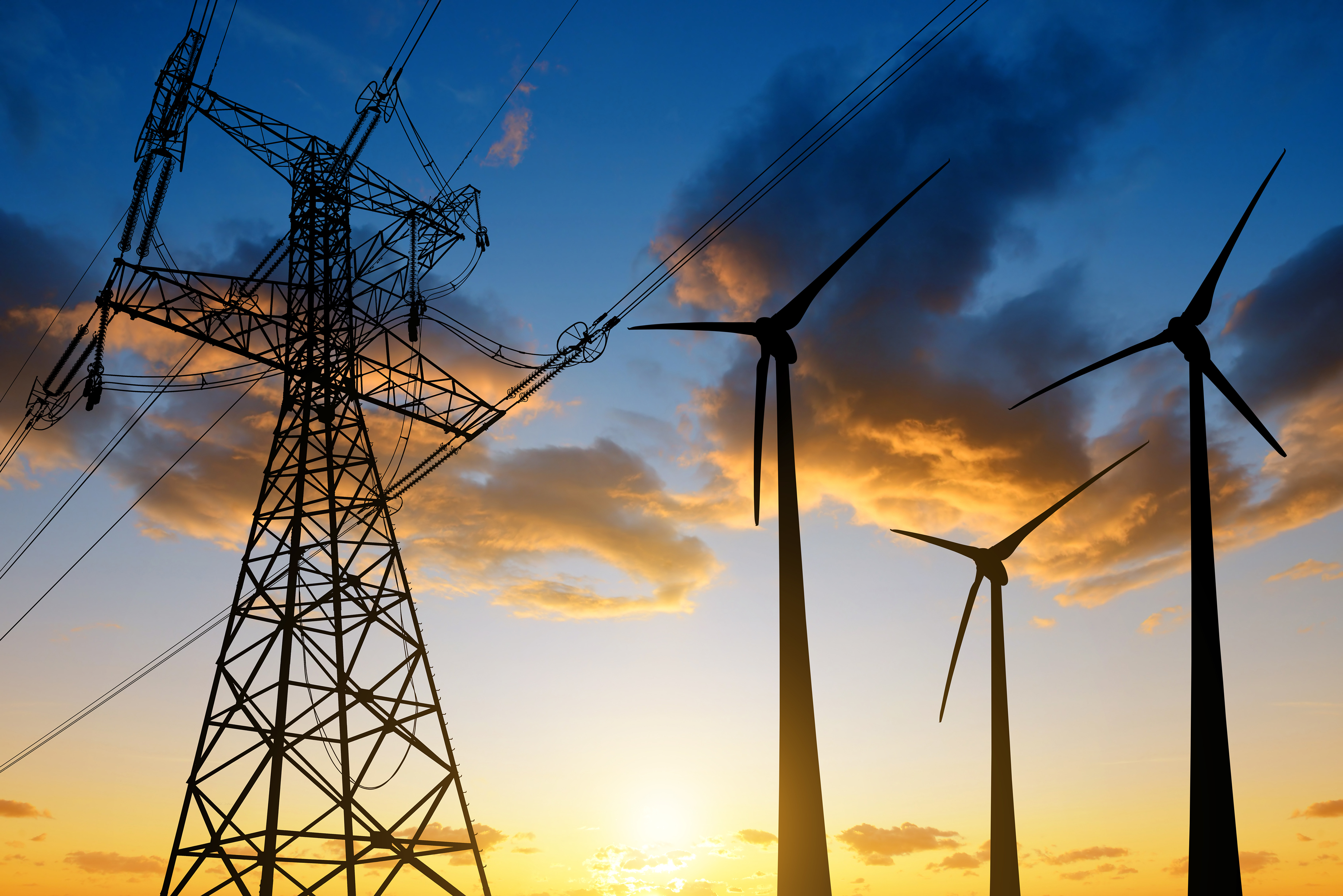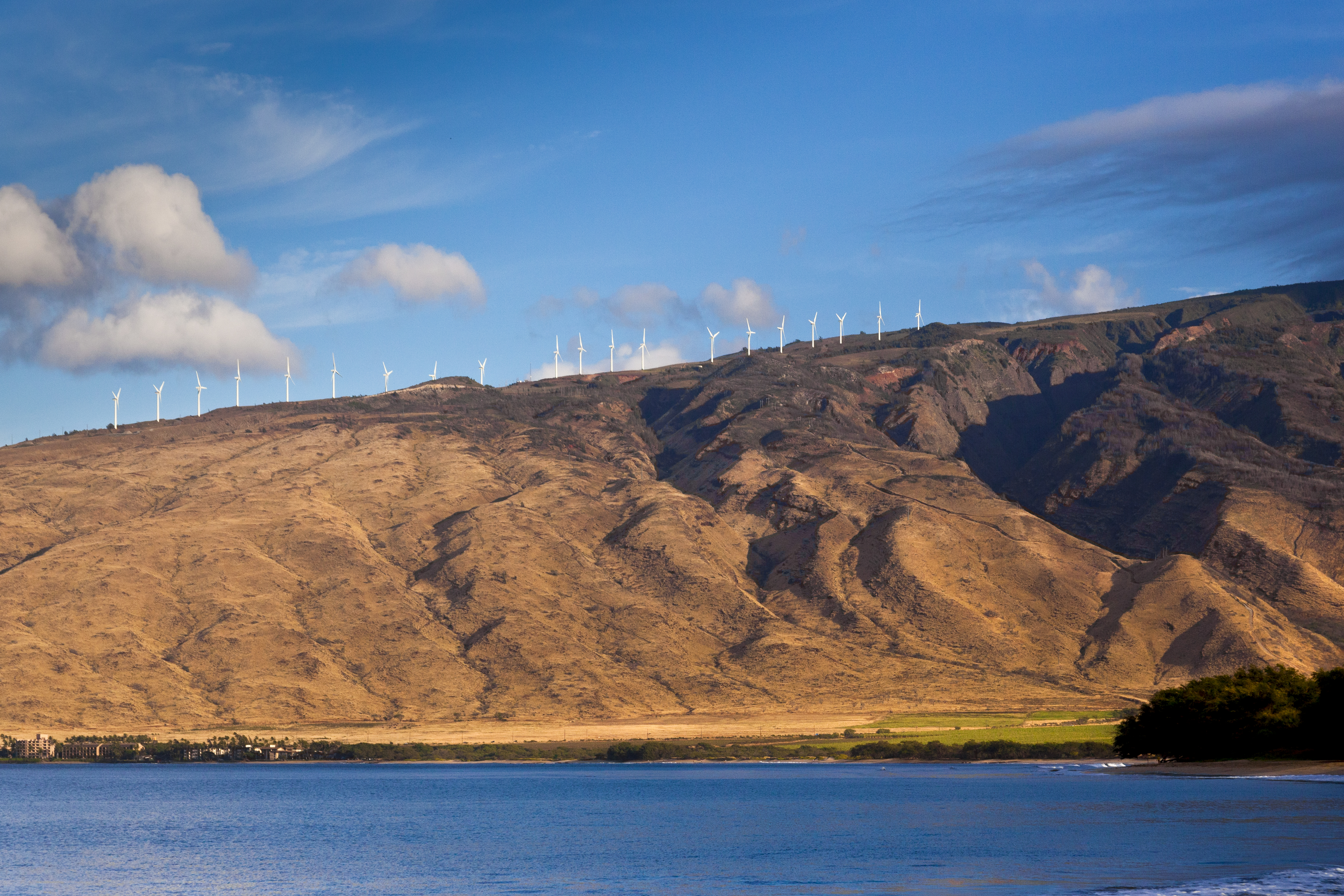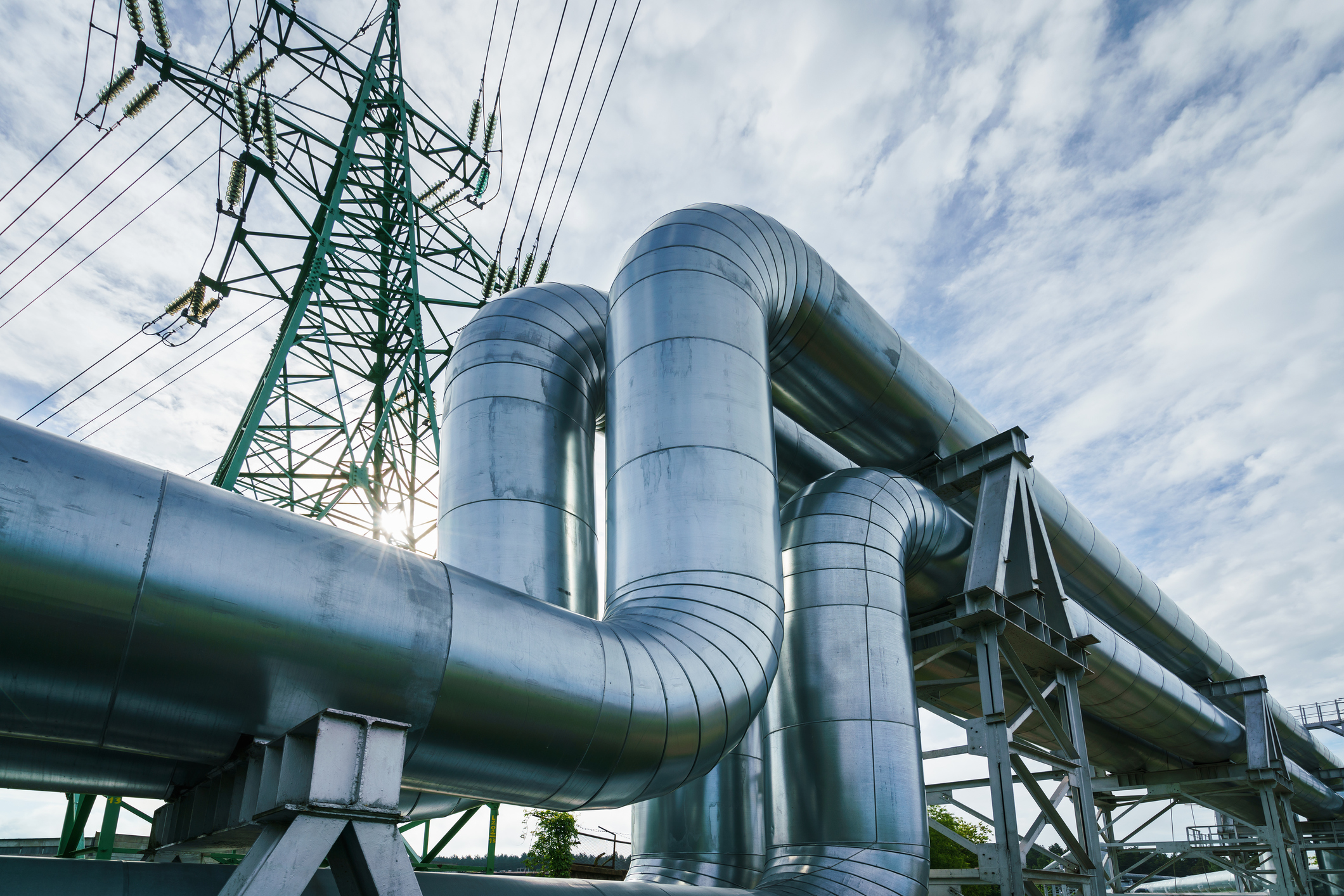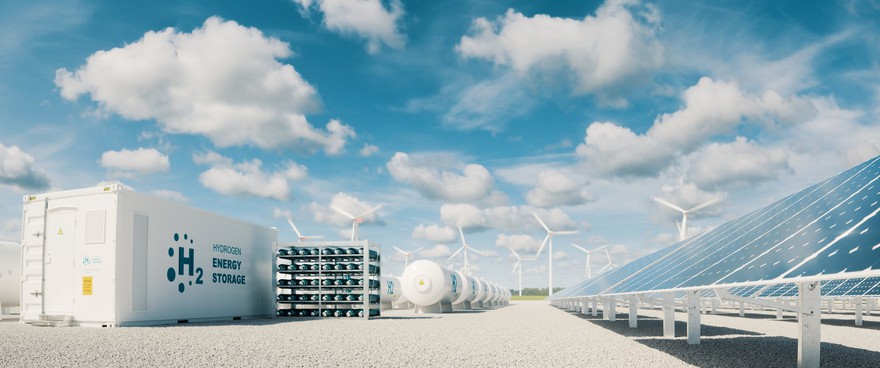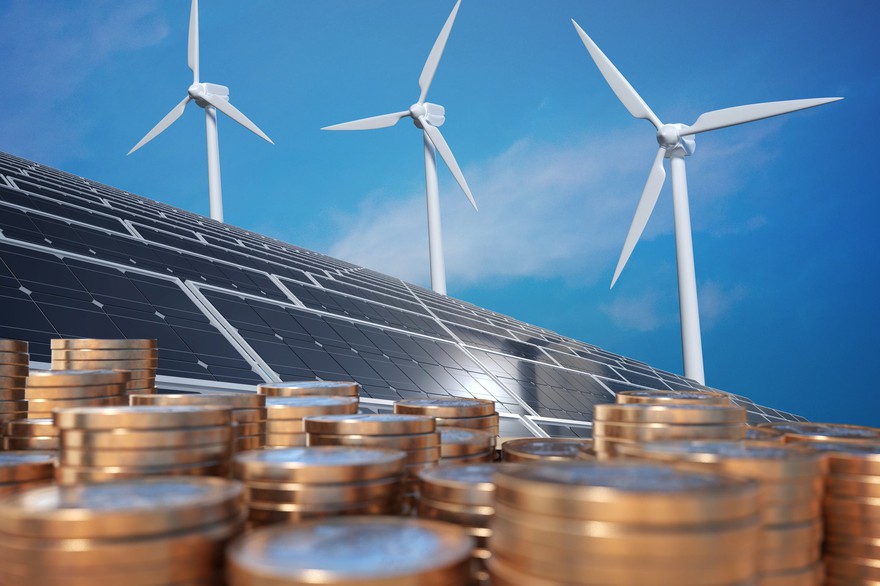Natural gas is a vital fuel source. We use it to produce power, heat our homes, and for other residential, commercial, and industrial functions. It's an abundant and cheap fossil fuel.
Natural gas may be a critical "bridge fuel" during the energy transition to lower-carbon alternatives. It can help bridge the gap by supplying cleaner baseload power and offsetting the intermittency issues of wind energy and solar power. In areas where renewable energy is not available, there is often a need for natural gas.
Natural gas stocks are broadly categorized into three categories, although many companies actually perform a combination of these activities. Upstream gas stocks explore and produce gas. Midstream companies store and transport gas, and downstream companies refine and distribute gas.
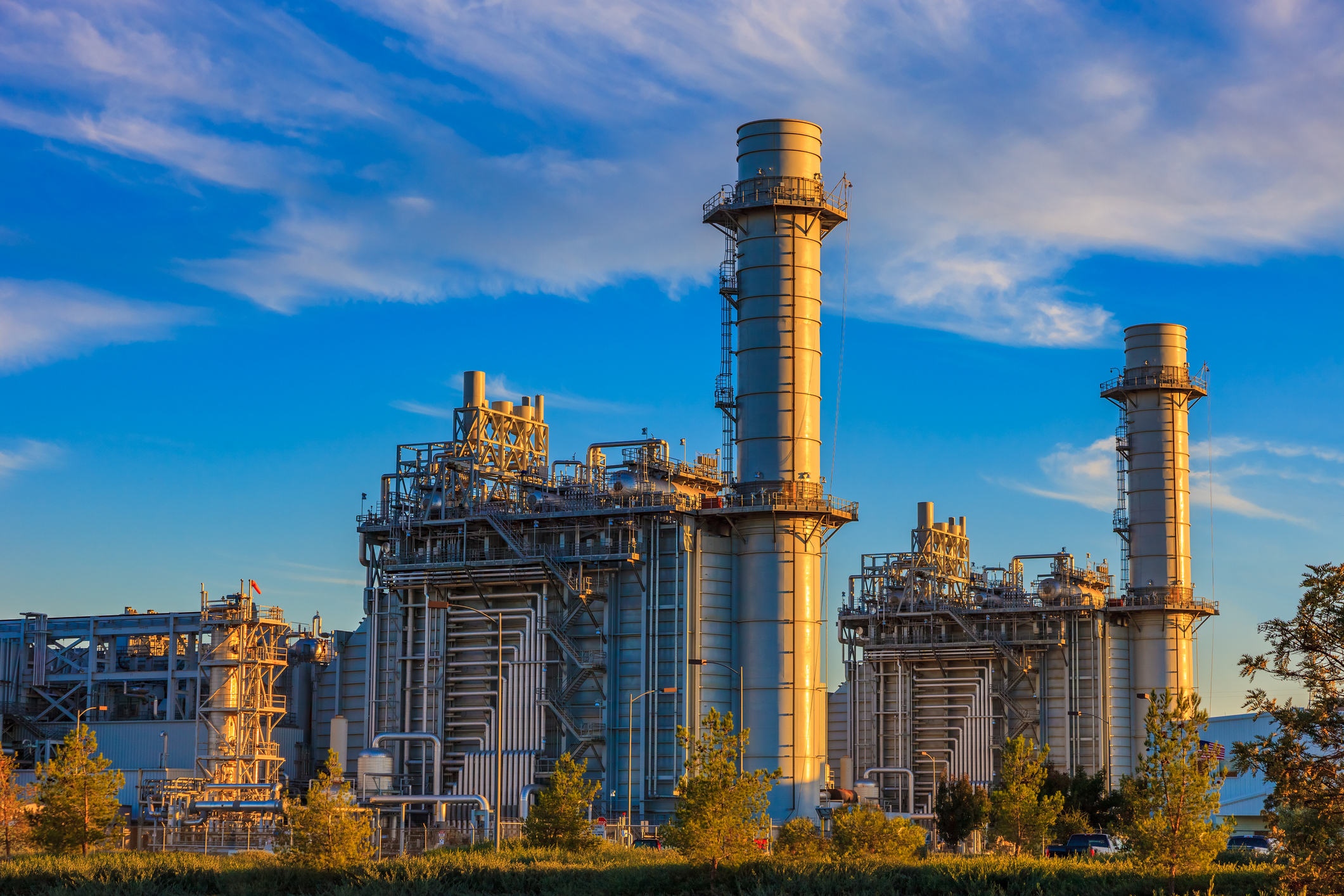
A brief overview of the natural gas market
Natural gas is an abundant, versatile fuel, but it has limitations. In its gaseous form, it must travel by pipeline, making infrastructure essential for the natural gas industry.
Pipeline companies must build and operate midstream infrastructure, including pipelines, processing plants, and storage facilities, to transport gas from production basins to end markets. Meanwhile, natural gas needs to be converted into a liquid for transportation overseas.
Infrastructure companies often make the best natural gas stocks. This is because they're less susceptible to the energy industry's cyclical nature and pricing volatility. Most natural gas infrastructure companies generate stable cash flow by collecting fees as natural gas moves through their network, giving them a "toll booth" business model.
Top natural gas stocks in 2026
Some of the best natural gas stocks for investors to consider buying include:
| Name and ticker | Market cap | Dividend yield | Industry |
|---|---|---|---|
| Cheniere Energy (NYSE:LNG) | $43.7 billion | 1.01% | Oil, Gas and Consumable Fuels |
| EQT (NYSE:EQT) | $32.1 billion | 1.24% | Oil, Gas and Consumable Fuels |
| Kinder Morgan (NYSE:KMI) | $62.2 billion | 4.17% | Oil, Gas and Consumable Fuels |
1. Cheniere Energy

NYSE: LNG
Key Data Points
Cheniere Energy (LNG +2.10%) is the largest liquefied natural gas (LNG) producer in the U.S. and the second-largest in the world. It’s a full-service LNG provider that obtains, transports, liquefies, and delivers natural gas. Cheniere also has vessel-chartering capabilities.
It has one of the largest LNG platforms in the world. In early 2025, Cheniere Energy owned interests in and operated two liquefaction and export facilities along the U.S. Gulf Coast:
- Sabine Pass LNG Terminal: Located in Louisiana, the terminal is the largest in the U.S., with six operating LNG trains with the capacity to produce 30 million metric tons per annum (mtpa) of LNG. Cheniere owns an interest in Sabine Pass via its 48.6% limited partner stake in Cheniere Energy Partners (CQP +1.41%).
- Corpus Christi LNG Terminal: The Texas terminal has three operating LNG trains with the capacity to produce 15 mtpa of LNG. Cheniere is constructing an expansion to the Corpus Christi LNG Terminal, a project known as Corpus Christi Stage 3. The expansion will add seven operating LNG trains and 10 mtpa of LNG production capacity.
Cheniere sells the bulk of its LNG under long-term, fixed-rate contracts, enabling the company to generate predictable cash flow.
The natural gas export company plans to allocate its cash flow toward dividend payments (which it initiated in late 2021), repurchasing shares, paying down debt, and funding Corpus Christi Stage 3. Its balanced capital allocation plan should enable Cheniere to create significant value for its shareholders in the coming years.
2. EQT Corporation

NYSE: EQT
Key Data Points
EQT Corporation (EQT +6.51%) is the largest natural gas producer in the U.S. The company focuses on producing gas from the Appalachian Basin, which stretches across Pennsylvania, West Virginia, and Ohio.
EQT aims to continue to be a consolidator in the natural gas sector. It purchased Alta Resource Development for $2.9 billion in 2021 and Chevron's (CVX +0.86%) Appalachian Basin assets for $735 million in 2020. EQT also acquired Tug Hill's upstream assets and XcL Midstream's gathering and processing assets in 2023 for $2.4 billion in cash and 49.6 million in EQT stock.
However, its most important merger and acquisition (M&A) action occurred in 2024 with the acquisition of Equitrans Midstream in an all-stock transaction, resulting in EQT shareholders holding 74% of the combined company and Equitrans shareholders holding the rest. Adding Equitrans pipeline infrastructure transforms EQT into a truly vertically integrated natural gas company.
EQT's size gives it scale advantages, notably with Equitrans now part of the company, making it one of the world's lowest-cost natural gas producers. EQT's expansion also continued in 2025 with the $1.8 billion acquisition of Olympus Energy's upstream and midstream assets.
The company also has the best credit profile in its peer group, giving it access to low-cost debt and further reducing costs, which positions EQT to generate significant free cash flow.
3. Kinder Morgan

NYSE: KMI
Key Data Points
Kinder Morgan (KMI +2.16%) is a leader in operating energy infrastructure in North America. It controls the nation's largest natural gas transmission network, which moves 40% of the natural gas produced in the U.S. As of early 2025, it had 79,000 miles of natural gas pipelines to go along with 700 billion cubic feet of storage capacity -- the latter representing about 15% of the U.S. storage total. Kinder Morgan's infrastructure connects every major natural gas resource play to key demand centers.
In addition to natural gas, Kinder Morgan is also the largest independent transporter of refined petroleum products, an independent terminal operator, and a carbon dioxide transporter. The company transports oil, renewable natural gas (RNG), and LNG.
Kinder Morgan's leading natural gas infrastructure business generates a very stable cash flow. Overall, 90% of it comes from take-or-pay contracts, other fee-based arrangements, or hedges, which have allowed it to generate substantive recurring cash flows for investors.
Kinder Morgan allocates its cash flow toward paying a high-yielding dividend, repurchasing shares, and expanding its natural gas network through capital projects and acquisitions.
Acquisitions have become a notable growth driver, as well. Kinder Morgan made two substantial deals in 2021. The company bought Stagecoach Gas Services, a pipeline and storage network in the Northeast, for $1.22 billion. It also bought Kinetrex Energy, an RNG producer, for $310 million. And in 2022, it acquired North American Natural Resources, an RNG facilities company, for $135 million. In 2023, it bought NextEra Energy Partners' South Texas assets (STX Midstream) for $1.82 billion to add pipeline system assets.
It also closed a $640 million acquisition of a gas gathering and processing system in North Dakota from Outrigger Energy in early 2025.
Kinder Morgan's energy transition ventures business unit (launched in 2021) aims to identify, analyze, and pursue commercial opportunities as the energy sector transitions to lower-carbon fuel sources. Kinder Morgan's extensive natural gas infrastructure footprint makes it potentially suited to store and transport lower-carbon fuel sources such as RNG and hydrogen, positioning it for the future of energy.
The secret to finding top natural gas stocks
The International Energy Agency (IEA) projects a 0.5% annual rise in natural gas demand from 2023 to 2035 in its Stated Policies Scenario (STEPS). However, natural gas demand is expected to peak around 2030.
Identifying the best natural gas stocks to invest in involves assessing the key parameters that drive long-term growth. Breaking it down into a discussion of the three categories noted above, the following considerations apply:
- Upstream gas companies must demonstrate that they have low production costs and can grow their reserves over time, since the value in most upstream companies lies in their reserves and the ability to produce from them profitably.
- Midstream gas companies often have long-term contracts with customers, providing them with a reliable stream of income. The key factors here are their customer relationships, ability to develop infrastructure (such as export terminals), and the long-term demand for gas volumes.
- Downstream gas companies are often highly regulated and very stable companies. Investors need to keep an eye on interest rates, as downstream businesses typically carry a significant amount of debt, and investors often purchase them for their dividend yield. As such, they can underperform when rates increase.
Related investing topics
How to invest in natural gas stocks
- Open your brokerage app: Log in to your brokerage account where you handle your investments.
- Search for the stock: Enter the ticker or company name into the search bar to bring up the stock's trading page.
- Decide how many shares to buy: Consider your investment goals and how much of your portfolio you want to allocate to this stock.
- Select order type: Choose between a market order to buy at the current price or a limit order to specify the maximum price you're willing to pay.
- Submit your order: Confirm the details and submit your buy order.
- Review your purchase: Check your portfolio to ensure your order was filled as expected and adjust your investment strategy accordingly.




